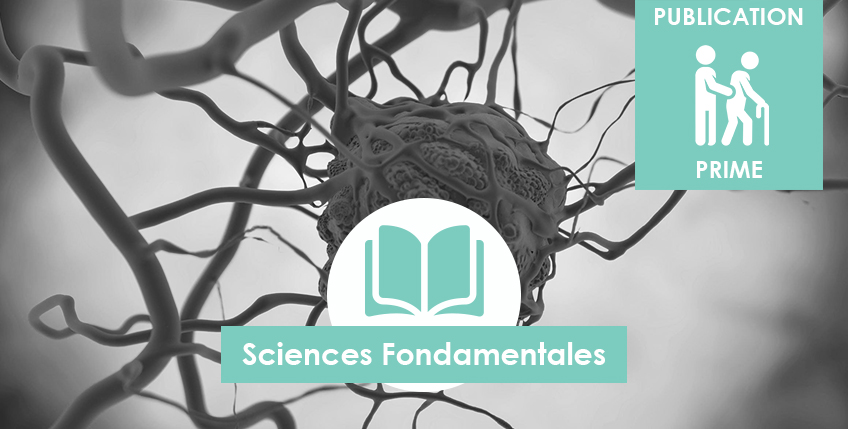Extracellular AGR2 triggers lung tumour cell proliferation through repression of p21
Biochimica et biophysica acta. Molecular cell research, Dec 2020
Delphine Fessart, Claire de Barbeyrac, Ines Boutin, Thomas Grenier, Elodie Richard, Hughes Begueret, David Bernard, Eric Chevet, Jacques Robert, Frederic Delom
https://pubmed.ncbi.nlm.nih.gov/33278424/
Doi : 10.1016/j.bbamcr.2020.118920
Abstract
The human Anterior GRadient 2 (AGR2) protein is an Endoplasmic Reticulum (ER)-resident protein which belongs to the Protein-Disulfide Isomerase (PDI) superfamily and is involved to productive protein folding in the ER. As such AGR2, often found overexpressed in adenocarcinomas, contributes to tumour development by enhancing ER proteostasis. We previously demonstrated that AGR2 is secreted (extracellular AGR2 (eAGR2)) in the tumour microenvironment and plays extracellular roles independent of its ER functions. Herein, we show that eAGR2 triggers cell proliferation and characterize the underlying molecular mechanisms. We demonstrate that eAGR2 enhances tumour cell growth by repressing the tumour suppressor p21CIP1. Our findings shed light on a novel mechanism through which eAGR2 behaves as a growth factor in the tumour microenvironment, independently of its ER function, thus promoting tumour cell growth through repression of p21CIP1. Our results provide a rationale for targeting eAGR2/p21CIP1-based signalling as a potential therapeutic target to impede tumour growth.
Keywords: AGR2; Endoplasmic reticulum; Lung cancer; Tumour microenvironment; p21CIP1




